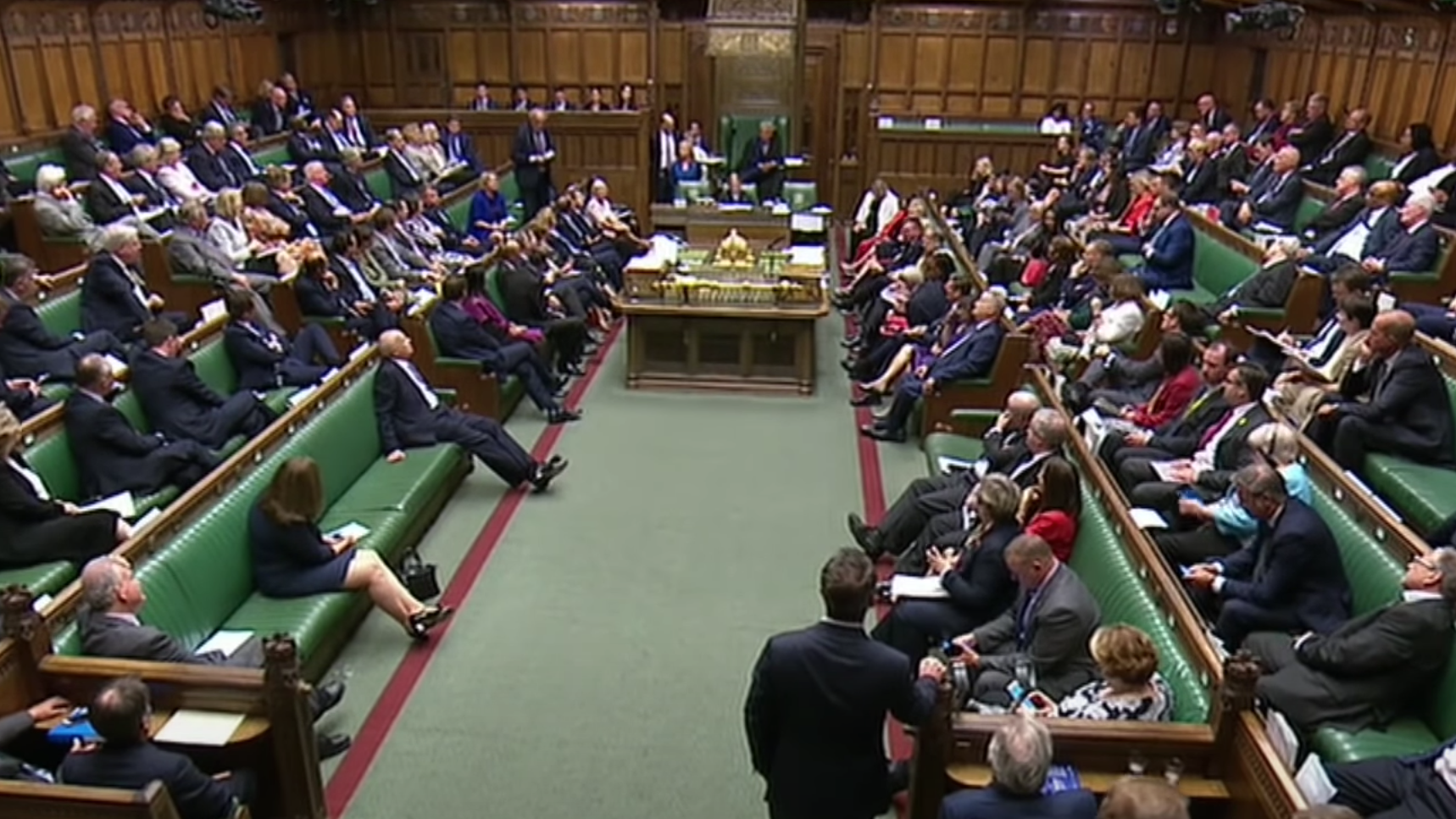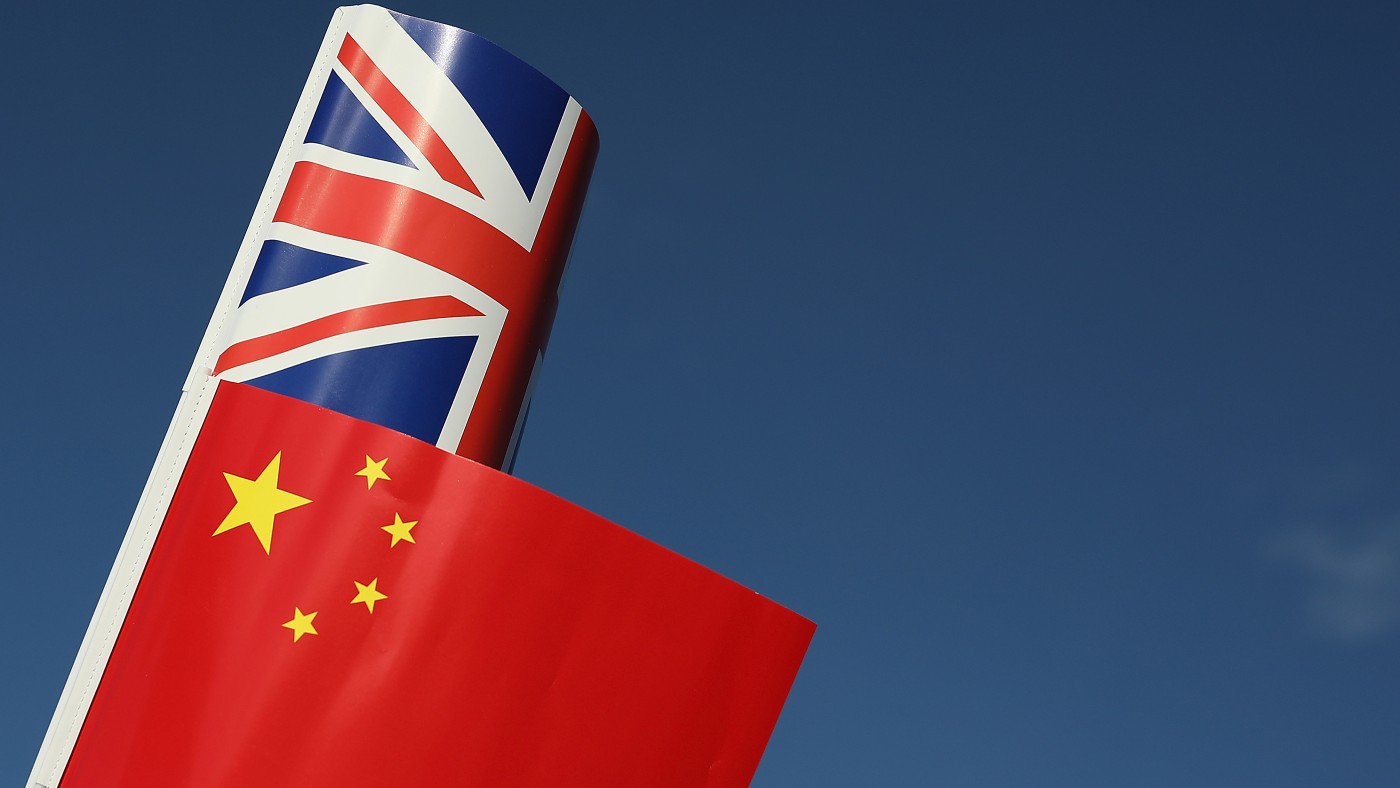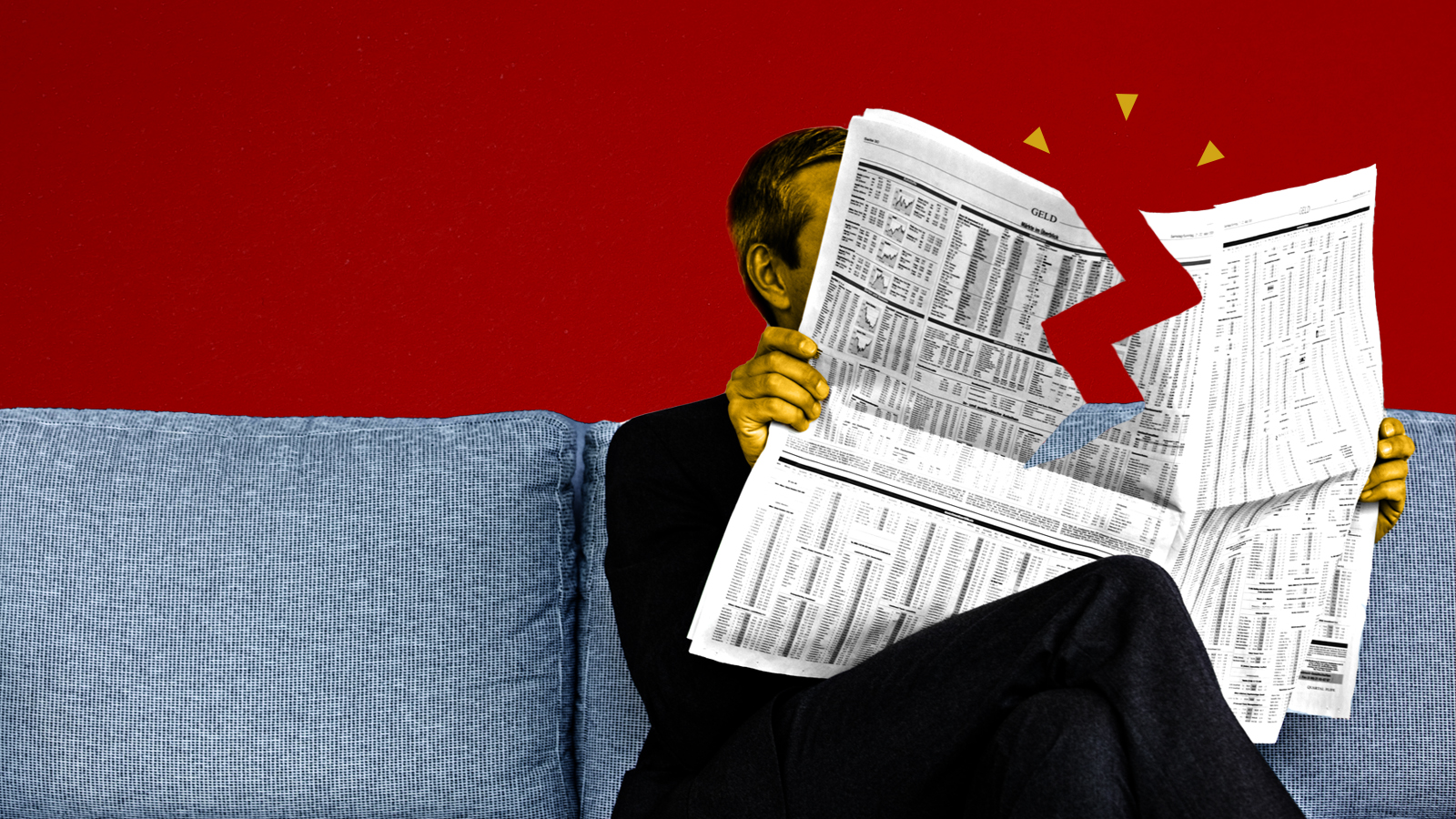Instant Opinion: MPs ‘only just saved’ from reputational disaster
Your guide to the best columns and commentary on Wednesday 24 June

A free daily email with the biggest news stories of the day – and the best features from TheWeek.com
You are now subscribed
Your newsletter sign-up was successful
The Week’s daily round-up highlights the five best opinion pieces from across the British and international media, with excerpts from each.
1. Eliot Wilson, former House of Commons clerk, in The Daily Telegraph
on MPs playing with fire over bullying cases
The Week
Escape your echo chamber. Get the facts behind the news, plus analysis from multiple perspectives.

Sign up for The Week's Free Newsletters
From our morning news briefing to a weekly Good News Newsletter, get the best of The Week delivered directly to your inbox.
From our morning news briefing to a weekly Good News Newsletter, get the best of The Week delivered directly to your inbox.
The House of Commons has only just saved itself from reputational disaster
“To allow MPs, including those accused of misconduct, the opportunity to debate the case under the terms of Parliamentary privilege would have been a grotesque parody of natural justice. It was the equivalent of giving the defendant in a trial a five-minute infomercial and a place on the jury. As one woman who had been let down by the old system remarked, there were concerns that ‘old attitudes’ persisted, that some MPs were not really serious about making themselves accountable for their behaviour... Let’s be fair. MPs, many of whom are new, have had a lot to deal with this year. But their failure to grasp the obvious is worrying in terms of how they think they are perceived. Politicians’ standing is at its lowest for a generation; I have never seen Parliament treated with such scorn and, worse, dismissiveness in my life. Nevertheless, there is a counterintuitive defensiveness, a resentful sense on the part of MPs that they are hard done by. They are still, despite everything, consumed by the Westminster ‘bubble’, living in an atmosphere in which they are treated with deference and instinctive respect.”
2. Andrew Grice in The Independent
on the trouble brewing on Boris Johnson’s ranks
A free daily email with the biggest news stories of the day – and the best features from TheWeek.com
Boris Johnson, the good news prime minister, hasn’t killed off his backbench rebellion yet
“It was pressure from Tory MPs rather than business which pushed Johnson into such a big package of lockdown easing measures. He chose the most comprehensive option the Scientific Advisory Group on Emergencies (SAGE) put to him, rather than a more phased reopening. Johnson wanted to throw a bone to his backbenchers, who are in a rebellious mood, feel ignored by Number 10 and are worry about his lack of grip after a spate of U-turns. Grumbling about his relatively low profile led to him becoming more visible 10 days ago, in the hope of dispelling rumours he has not fully recovered from his own brush with coronavirus. (Tories who use their Commons questions to tell the PM he looks ‘fighting fit’ rather give the game away)... With his MPs so grumpy, Johnson’s majority of 80 is not as secure as it looks.”
3. Sean R. Roberts, author of War on the Uyghurs, in The Guardian
on western complicity in China’s mass internment programme
China’s hidden partner in suppressing the Muslim Uighurs - the US
“In 2014, China declared a ‘people’s war on terror’ that was in reality nothing less than a war on the Uighurs. They began building an expansive electronic surveillance network to track Uighurs, started beta-testing ‘re-education’ classes for political indoctrination, and criminalised many cultural practices important to Uighur identity as signs of ‘extremism’. In 2017, this war was put into full motion through the mass internment of large swaths of the Uighur population. China’s ongoing campaign against the Uighurs has always been an effort to neutralise Uighur resistance to China’s full integration of the Uighur homeland into a unified and monocultural Chinese state. It has never been a response to a terrorist threat, real or imagined – but a narrative of Islamist terrorism founded in the US-led ‘war on terror’ has always served as its convenient justification. In this context, nobody should be surprised if Bolton’s revelations about Trump’s tacit approval of Beijing’s actions are true.”
4. Sergio Pecanha in The Washington Post
on the data behind US racial inequality
These numbers show that black and white people live in two different Americas
“Numbers can help put American racism in perspective. And here is what the numbers say: The United States is a vastly different country, depending on the color of your skin. For African Americans, hardship begins before birth. The infant mortality rate for blacks, for example, is more than twice that of white Americans... In this parallel reality, family income is much lower. The percentage of black children living below the poverty line is three times that of whites... It’s not just income but employment itself: Blacks live in a country where the economy is always in recovery. Even though white Americans haven’t seen an unemployment rate near 15 percent in decades, African Americans have seen it many times - about once a decade over the past 50 years... The bottom line is clear. Here’s how the numbers add up: Whites live in one America and blacks live in another.”
–––––––––––––––––––––––––––––––For a round-up of the most important stories from around the world - and a concise, refreshing and balanced take on the week’s news agenda - try The Week magazine. Start your trial subscription today –––––––––––––––––––––––––––––––
5. Daniel Finkelstein in The Times
on the need to liberalise the UK’s euthanasia laws
We don’t have to live with this way of dying
“Suicide used to be illegal. It was until 1961, believe it or not. That is why we still talk about people ‘committing’ suicide. We use the same word that we use for crime, because it was a crime. It became obvious that it was inhuman to start criminal proceedings against those who tried and failed to kill themselves. How long before we do something about the similarly inhuman practice of having to interrogate relatives over the voluntary death of a loved relative who was terminally ill? Everyone imagines that this will never be them, never be their relatives, because if they get ill like that the doctors will ‘know what to do’. Or they will be able to go to Dignitas or something. In reality it isn’t like that.”
-
 The ‘ravenous’ demand for Cornish minerals
The ‘ravenous’ demand for Cornish mineralsUnder the Radar Growing need for critical minerals to power tech has intensified ‘appetite’ for lithium, which could be a ‘huge boon’ for local economy
-
 Why are election experts taking Trump’s midterm threats seriously?
Why are election experts taking Trump’s midterm threats seriously?IN THE SPOTLIGHT As the president muses about polling place deployments and a centralized electoral system aimed at one-party control, lawmakers are taking this administration at its word
-
 ‘Restaurateurs have become millionaires’
‘Restaurateurs have become millionaires’Instant Opinion Opinion, comment and editorials of the day
-
 Triangle-headed aliens touched Goldie Hawn
Triangle-headed aliens touched Goldie HawnTall Tales And other stories from the stranger side of life
-
 How an Alabama brawl became a watershed moment for race in America
How an Alabama brawl became a watershed moment for race in AmericaTalking Point "No people are obligated to endure violence without defending themselves or being defended"
-
 China’s ‘breathtaking’ infiltration of UK economy: an existential threat?
China’s ‘breathtaking’ infiltration of UK economy: an existential threat?Talking Point New report suggests Beijing is exerting political and economic influence on Westminster
-
 Boris Johnson shocks UK by resigning from Parliament
Boris Johnson shocks UK by resigning from ParliamentSpeed Read
-
 Bees delay flight for three hours
Bees delay flight for three hoursfeature And other stories from the stranger side of life
-
 The Greggs Westminster Council sausage roll row explained
The Greggs Westminster Council sausage roll row explainedSpeed Read The high-street baker is appealing against a ban on serving hot food at its central London shop
-
 Can unbuilding highways undo the legacy of racism?
Can unbuilding highways undo the legacy of racism?Speed Read Roads were built through Black and Latino neighborhoods. A new federal program may reverse those efforts.
-
 The Dilbert debate: Were newspapers right to 'cancel' the cartoon?
The Dilbert debate: Were newspapers right to 'cancel' the cartoon?Instant Opinion The sharpest opinions on the debate from around the web